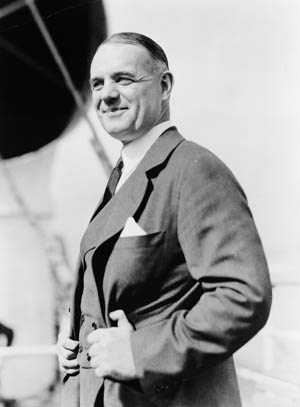

Donovan was awarded the Medal of Honor, the Distinguished Service Cross, the Distinguished Service Medal, and the Silver Star, the Purple Heart, and several foreign awards for valor.

He was eventually awarded the Medal of Honor for his courage and 4000 veterans attended the ceremony in New York City.Īt the end of World War I, Donovan was arguably the most decorated man in US military history at that time, having been awarded all of the top awards for bravery in combat. Colonel, led one of three regiments with the objective of capturing an enemy position which was well entrenched on a steep ravine surrounded by machine guns and artillery.īecause of the heavy German fire and strong defensive positions, the other two supporting regiments refused to advance, but Donovan persisted and rallied his regiment and led the advance under absolutely murderous conditions.ĭonovan refused to conform to the convention of the times, by not stripping off all of his rank and insignia which was common for officers, he told his men, “They can’t hit me and they won’t hit you!” Wounded three times he refused to be evacuated until his men carried the day. He was awarded the French Croix de Guerre for a daring rescue under fire of a wounded soldier.ĭuring the Meuse-Argonne Offensive, the 165th was in heavy action at Landres-et-St. He was wounded by shrapnel and nearly blinded by a German mustard gas attack. While he publicly claimed to dislike it, his wife would say, that privately, he loved it. It was here he developed the nickname “Wild Bill” for his boundless energy. Donovan was an officer who always led from the front, even as a battalion commander. When Donovan returned from Mexico, he was promoted to Major and joined the 165th Regiment of the famed “Rainbow Division.” Douglas MacArthur was the Chief of Staff for the division. It was part of the “Fighting 69th, the Irish Brigade” from Civil War fame.

His unit was mobilized and sent to Mexico during the punitive campaigns to catch Pancho Villa. Although polar opposites on the political spectrum, the two would cross paths and have a solid respectful relationship.ĭonovan was a partner in a law firm in Buffalo, New York when he decided to help form and lead a unit for the New York National Guard. While at Columbia, one of his classmates was Franklin D. He won another award for oratory and was voted the “most modest” and one of the “most handsome” members of Columbia’s graduating class of 1905. He continued to be a star athlete, starring with the football and rowing teams. Looking to expand his personal horizons he transferred to Colombia University to study law but also attended religious services of the Jewish and Protestant faiths to gauge whether he wanted to change his religion. While at Niagra, Donovan won another oratorical contest, for presenting a speech warning of corrupt, anti-Christian forces that threatened the existence of the United States. Donovan briefly considered becoming a priest but would ultimately decide against it. He would then follow on to Niagara University, a Catholic university, and seminary where he studied pre-law. Joseph’s Collegiate Institute, a Catholic school where he played football, acted in plays, and won an award for oratory. His father, Timothy, moved to Buffalo and for a time managed the railroad yard and later the Holy Cross Cemetery.ĭonovan attended St. Humble Beginnings:ĭonovan was born on New Year’s Day 1883 in Buffalo, New York to American-born parents but came from Irish immigrants. Intelligence” and a statue of him resides in CIA Headquarters. He’s best known as the founder and commander of the Office of Strategic Services (OSS), which was the forerunner to both the CIA and the U.S. William Donovan was a man who many hats, he was a decorated soldier, diplomat, intelligence officer, as well as a lawyer.


 0 kommentar(er)
0 kommentar(er)
